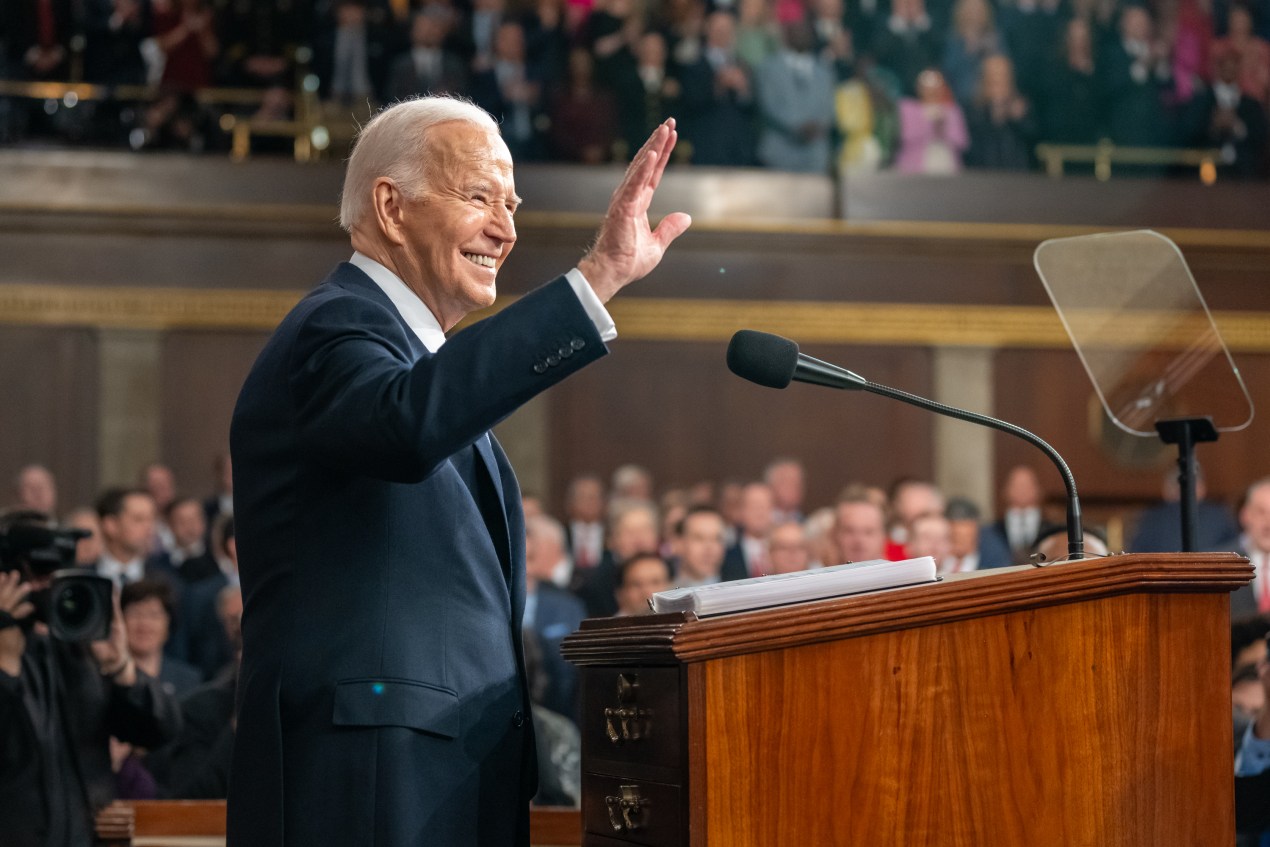Healey Supplies Reefer Relief with Pardon for All Adult Possession Charges…Ever…
BOSTON—Governor Maura Healey announced Wednesday she would submit one of the furthest-reaching pardons of marijuana convictions in state history to the Governor’s Council. Barring Council opposition, the move could wipe out potentially hundreds of thousands of convictions for simple possession dating back to the dawn of the War on Drugs.
Officials from Western Massachusetts welcomed the move as just and fair, especially given full legalization in 2016. Alongside Healey were several legislators who backed the pardon, including many from the Black & Latino caucus. Although marijuana use does not vary much by race, persons of color represent a disproportionate share of convictions.
“With this action, Massachusetts will be the first state to take action since President Biden pardoned federal marijuana convictions and called on governors to follow suit,” Healey said. “In fact, we believe that this is the most sweeping cannabis pardon ever proposed by a governor in the United States.”
The pardon will help remove barriers to education, financial aid and housing. Shifting marijuana policies have already had positive effects for communities criminalization had disproportionately harmed. For example, the march from decriminalization to legalization prompted Massachusetts courts to remove the smell of weed as sufficient probable cause for a search.
“I think that we’re moving in the right direction when we talk about that prohibition is over,” Springfield State Senator Adam Gomez said.
In districts like Gomez’s with minority-majority populations, the impact could be significant over time. The pardon’s retroactive impact could extend back generations.

In 2022, Biden pardoned federal marijuana possession charges, but most charges are under state law. He called for states to follow his lead. (via whitehouse.gov)
Other states have followed Biden’s call, but perhaps not at this scale. Massachusetts ended criminal penalties in 2008 and outright legalized the plant for recreational use in 2016. However, the shame and impact of convictions from before then remain.
Again, it has been Black and Latino Bay Staters who bear a disproportionate share of those convictions.
“That’s unjust, that’s wrong, and we need to address that,” the governor said. “We don’t have a specific analysis of those impacted by today’s measure, but we can be certain that this pardon will redress some of the harm those disparities have caused in Massachusetts.”
Healey has long-centered criminal justice reform since her earliest days as a candidate for attorney general. However, she had opposed legalization. On Wednesday, she acknowledged her former position. Yet, Healey also said public officials such as herself should change their stance when the facts come in.
The speaking program included Devin Alexander and Daniel Vazquez who had seen earlier life plans disrupted by marijuana convictions. They both now work in the marijuana industry, something the state marijuana policy has encouraged.
Also present were Senate President Karen Spilka and Attorney General Andrea Campbell. Spilka observed the pardons build on legislation that passed in 2022 that allowed for expungements of marijuana convictions.
Gomez, who joined several of his colleagues at the announcement, has eagerly backed criminal justice reform around marijuana. He faced a possession charge as a teenager himself and understood what Alexander, Vazquez, and countless constituents have experienced.
“The legislature, under my leadership, was able to implement within that current cannabis policy bill that the Senate president spoke of, [language] to expunge possession and possession with intent,” he said.
However, that created a massive backlog as expungements go through courts and not executive bodies under the governor. The pardons should be far faster.
“We encourage, obviously, the Governor’s Council to do the right thing,” he continued, “so then we can do a blanket pardon when it comes to marijuana possession.”
Gomez acknowledged that there are still barriers. Federal law still defines marijuana as a Schedule I narcotic. However, he noted that US Senator Elizabeth Warren has been pushing to change this. However, the goal is to bring down the barriers that exist on the state level. To some extent, that mitigates what states report to the feds.
It was not just representatives of communities that have suffered over the course of the War on Drugs that have backed this. Newton Police Chief John Carmichael, who heads the Massachusetts Chiefs of Police Association, lent his support at the State House.
From Western Massachusetts both Hampden District Attorney Anthony Gulluni and Hampden Sheriff Nick Cocchi offered statements of support. Both are currently leading the statewide organizations for DAs and sheriffs respectively.
“As Massachusetts sheriffs, we believe in giving people the tools and the opportunities to make the most of a second chance,” he said in a statement the governor’s office released. “I applaud Governor Healey for recognizing, due to legalization, the burden created by the simple possession charges and taking this step to right the wrongs of the past.”
As heir to the rehabilitation-based legacy of former Hampden Sheriff Michael Ashe, Cocchi’s enthusiasm for the pardons is not surprising. However, Gulluni, while a Democrat, has not generally identified with outspoken criminal justice reform prosecutors.
He said Massachusetts district attorneys “stand with” the Healey administration’s move to issue the pardon.
“This step will deliver fairness and equity for those whose minor crimes came before legislative action, and in so doing, will allow people to move forward with their lives without the burden of a conviction for something that is now entirely lawful,” he said.
Indeed, the benefits should redound to individuals with minimum fuss. Healey said that the process would be automatic, although individuals can request a certificate confirming the pardon. Limiting the administrative burden will free people from the direct legal consequences and stigma without raising questions later in life.
“Yes, it was sealable, but now it’s going to be gone,” Gomez said. “It’s not going to be something that they’re going to be wondering why this record was sealed.”

